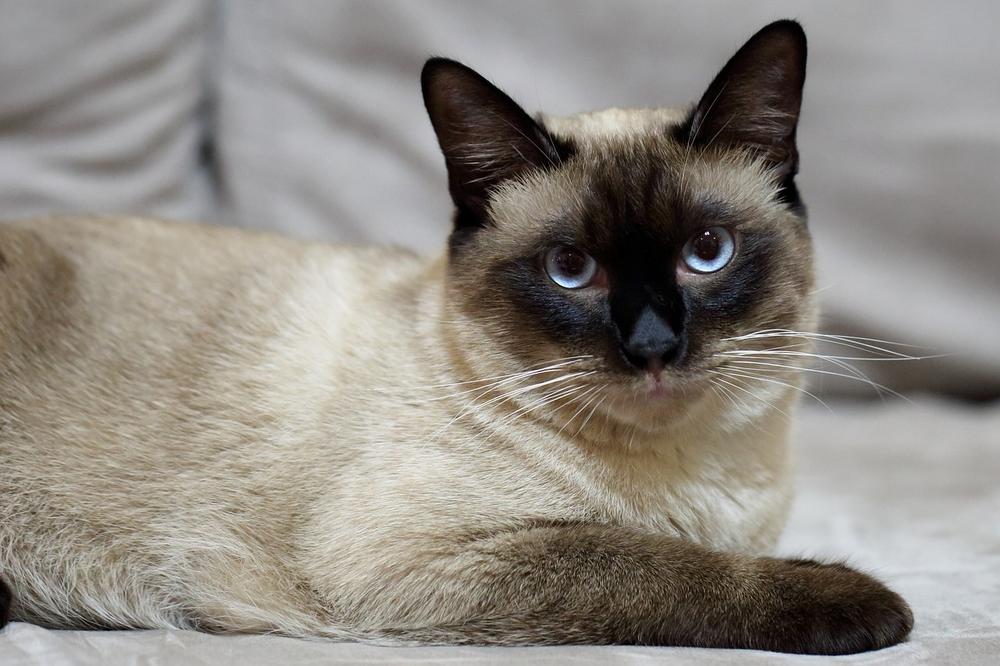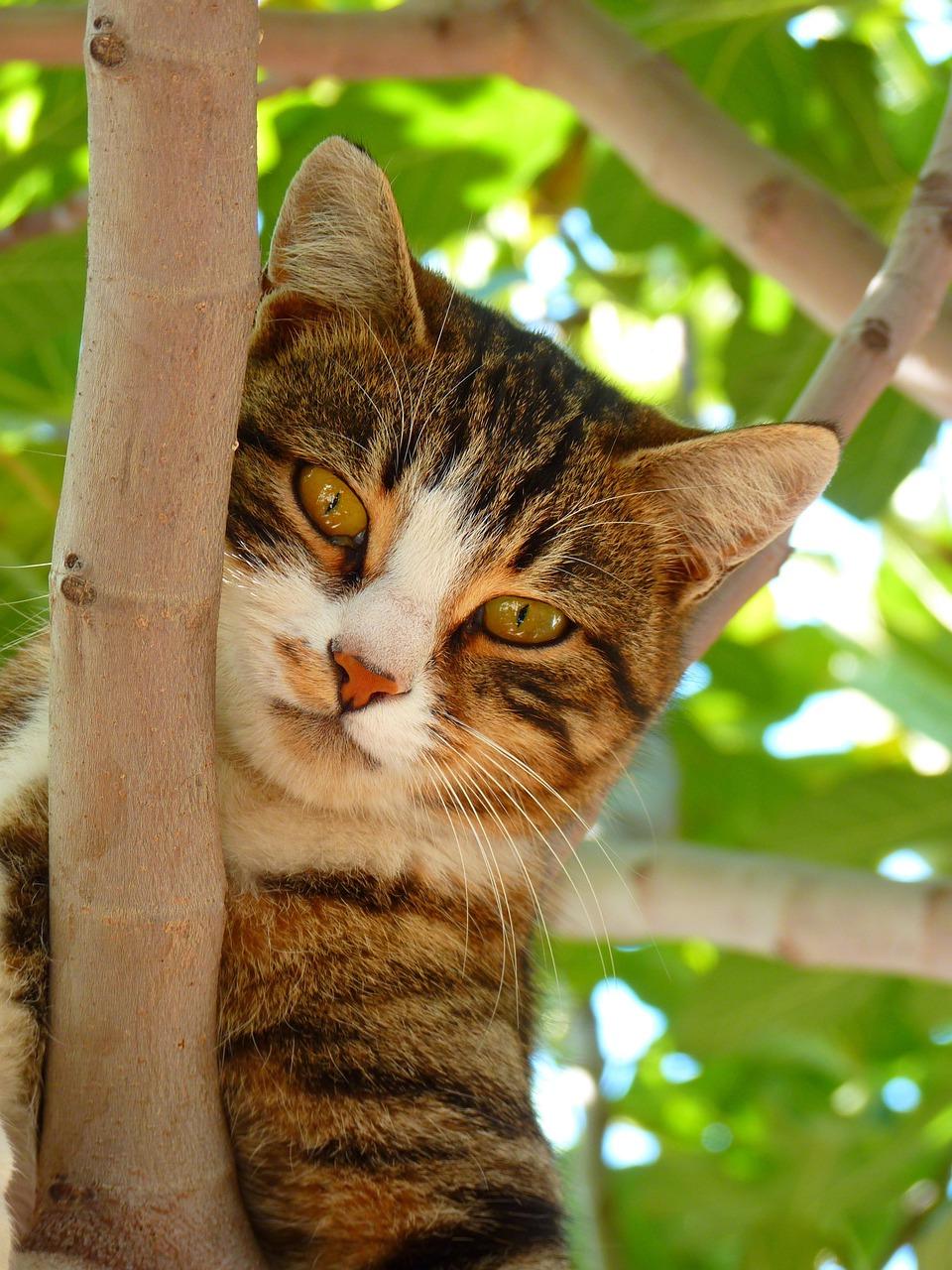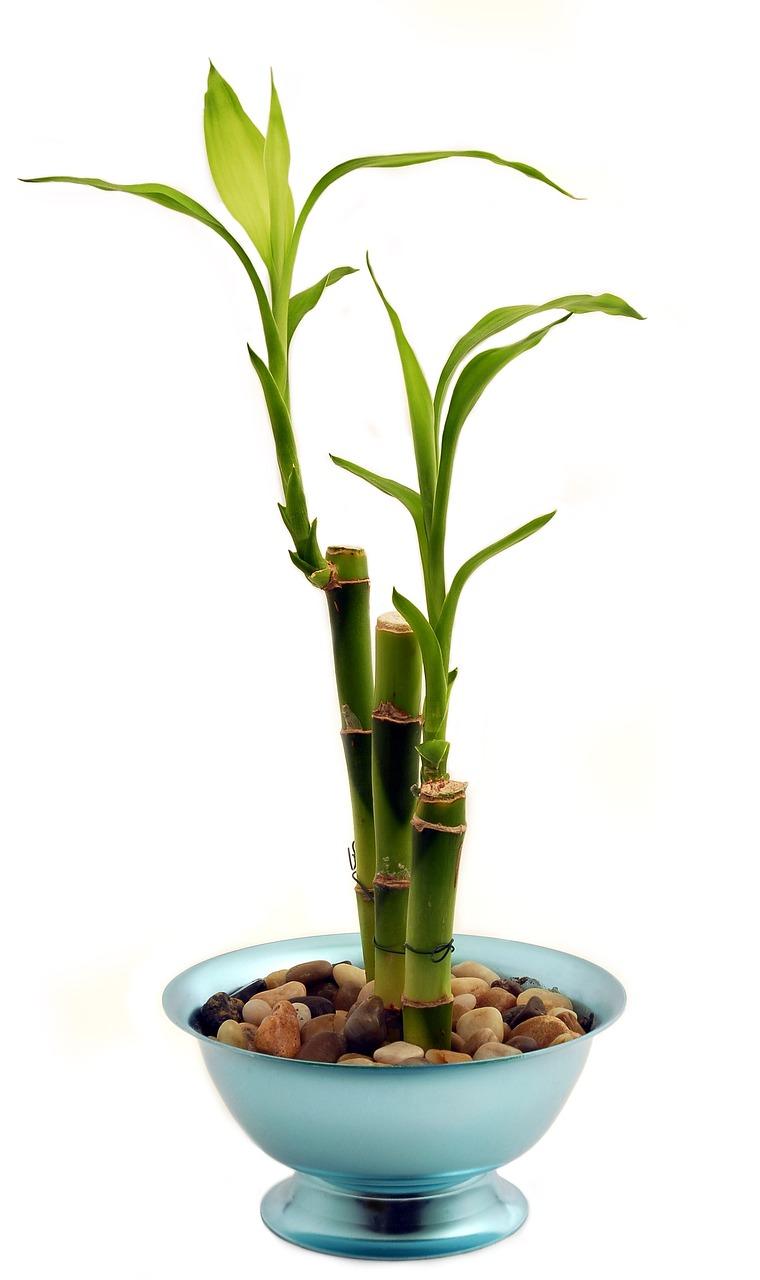Is BAMBOO Toxic to CATS? Everything You Should Know

You'll agree with me when I say:
We'd do anything to protect our fur babies, right? 😺
Imagine the horror of finding out that something as innocent as bamboo could actually harm our beloved cats.
But don't worry, let's dive into the depths of this mystery together.
Is Bamboo Safe for Cats?
If you're wondering whether bamboo is safe for your cat, here are 10 things to bear in mind:
- Bamboo leaves can give your cat the protein it needs.
- The fiber in bamboo helps with digestion.
- Chewable bamboo toys are great for satisfying your cat's natural chewing instincts.
- Make sure any bamboo products you get are free of harmful chemicals so they don't harm your cat.
- Some types of bamboo plants might be toxic to cats if eaten, so be careful when choosing.
- Keep an eye on your cat around bamboo plants to avoid accidental chewing or swallowing.
- Pay attention to your cat's behavior and look out for signs of discomfort or allergies.
- Talk to your vet before introducing bamboo into your cat's diet or environment.
- If you have bamboo decor inside, make sure it's securely placed to prevent accidents or injuries.
- Always do your research and consider any potential risks before adding bamboo to your cat's surroundings to prioritize their safety and well-being. 🐱
Main points I'll expand upon further down this article:
- Dracaena Sanderiana (lucky bamboo) can be toxic to cats, causing various symptoms.
- Imitations like Lucky Bamboo or Heavenly Bamboo should be avoided.
- Genuine Bambusoideae bamboo species do not affect cats.
- Different bamboo species have different names.
- Protein concentration in bamboo leaves varies with age.
- Be cautious with fertilizers that can be harmful if ingested by pets.
- Cats typically don't eat bamboo stems and shoots, so the risk is low.
- Cats can safely drink water from bamboo plants if they're healthy.
- Take precautions to keep plants inaccessible to cats and use natural deterrents.
- Excessive consumption of bamboo can make kittens sick, so monitoring is important.
And it gets worse...

Some species of bamboo can be toxic to cats.
Keep reading to learn which bamboo plants you should avoid and the symptoms to watch out for if your cat comes into contact with them.
Identifying Poisonous vs. Non-Toxic Bamboo for Cats
If you want to know whether bamboo is safe or poisonous for your cat, here are 12 things to think about:
- Don't go near Dracaena Sanderiana (lucky bamboo) or ribbon plant.
- Avoid fake versions like "Lucky Bamboo" or "Heavenly Bamboo".
- Stick with the real deal - Bambusoideae bamboo species.
- Authentic bamboo won't harm dogs, cats, or horses.
- Different kinds of bamboo have different scientific names.
- Some examples include Nandina Domestica, Phyllostachys Aurea, Smilax Walteri, Chamaedorea Elegans, and Smilax Laurifolia.
- The amount of protein in bamboo leaves changes depending on their age and type.
- Older leaves generally have more protein.
- Be careful when fertilizing bamboo near your pets.
- Some fertilizers can be dangerous if they get ingested.
- Watch out for signs like wide pupils, tummy troubles, a faster heartbeat, drooling, loss of appetite, throwing up, and weakness.
- If you suspect your cat has been affected by bamboo toxicity, consult a veterinarian.
But what about the risk of bamboo consumption for cats?

Let me reassure you with some helpful tips and precautions...
Preventing Cats From Eating Bamboo
Preventing cats from eating bamboo is key to keep them safe and healthy.
Here are some tips to help you with that:
- Keep bamboo plants out of reach: Cats are curious animals, so it's important to make sure your bamboo plants are placed in areas where cats can't access them. This will prevent them from nibbling on the leaves or stems.
- Use natural deterrents: Cats don't like strong smells, so using natural deterrents such as citrus peels or vinegar can help keep them away from your bamboo plants. Simply place these items near the plants to discourage cats from approaching them.
- Avoid toxic bamboo varieties: Some bamboo species can be toxic to cats if ingested. It's important to research the type of bamboo you have and ensure it is safe for your furry friend. If you're unsure about the toxicity of a particular bamboo variety, it's best to remove the plant entirely or move it to an area where cats can't reach.
- Make plants inaccessible: In addition to keeping bamboo plants out of reach, you can also use barriers such as fences or plant cages to prevent cats from reaching the plants. This will provide an extra layer of protection and give you peace of mind.
You can ensure your cats' safety while having bamboo plants in your home by heeding these guidelines. 😺

And finally, if you're a cat owner who's concerned about what your furry friend can safely consume, you'll want to learn more about Can Cats Eat Sesame Seeds.
In my article, I delve into the potential health benefits or risks associated with their consumption.
It's always better to be cautious and stay informed when it comes to your cat's dietary choices.
Check out my guide to discover the truth about cats and sesame seeds.
Dealing With Cats' Interest in Bamboo
Cats are crazy about bamboo, but it's not great for them.
Let me fill you in on the scoop:
- Cats go nuts over bamboo: It's like the ultimate toy for them! They can't resist swatting at the leaves and bouncing around with joy.
- Bamboo can mess up their tummy: If cats eat too much bamboo, they might end up puking. Not a good situation, right?
- Keep an eye out for any plant pieces stuck in their mouth: If your little furball gets tangled in bamboo and ends up with leaves or fragments in their mouth, you better remove it ASAP. We don't want Fluffy choking on bamboo debris now, do we?
- Give 'em alternatives to play with: To divert their attention from the bamboo fixation, throw in some other fun toys. Catnip-filled mice or interactive toys work like magic.
- Keep bamboo out of paw's reach: Remember the old saying - prevention is better than cure. To avoid any mishaps, keep bamboo away from areas where your feline friend likes to explore. That way, you won't have to worry about their curious nature driving them towards danger.
Sure, cats adore bamboo, but as responsible pet parents, it's our duty to keep them safe!
Take it or leave it: Further down the blog post, I'll share valuable information about other safe houseplants for cats. So, keep reading to discover more ways to create a cat-friendly environment while ensuring their safety.
But what happens if your cat actually eats bamboo?
Well, let me warn you, the consequences can be more serious than you think!
Managing Bamboo Ingestion: Impacts and Treatment for Cats
Lucky bamboo – a trendy plant that supposedly brings luck and positive vibes to your home. But what about our cats?
Is bamboo harmful to them?
Can they munch on the leaves without consequences?
Because bamboo can definitely be toxic for cats.
But hold on before you panic and start getting rid of all your houseplants.
The effects of ingesting lucky bamboo in cats can vary from mild to moderate, especially if the cat already has health problems.
These effects include diarrhea leading to dehydration, vomiting, dilated pupils indicating pain, increased heart rate, loss of energy or coordination.
If your furry friend drools excessively or behaves differently like being irritable or lethargic, pay attention.
They might even express pain through vocalization or restlessness and attempt to bite when handled.
Dehydration is another concern due to bamboo consumption, thanks to the diarrhea, vomiting, and excessive saliva it causes. It's certainly not easy for our beloved felines.
Now here's the important part, friends – if you suspect your cat has been poisoned by bamboo, don't hesitate to contact your vet for guidance.
They will examine your whiskered companion, perform necessary tests, and come up with a treatment plan, which may include fluid therapy.
Please remember: administering first aid at home should only be done under veterinary supervision.
While cats have a good chance of recovering from bamboo toxicity, the illness itself and associated expenses can undoubtedly cause stress for both you and your cat.
So keep an eye on your cats when they're around lucky bamboo.
And if any concerning symptoms appear after a nibbling incident, reach out to your vet and ensure they receive the best possible care, because our cats deserve nothing less.
But did you know that cats have a remarkable survival mechanism when it comes to ingesting bamboo?
It's fascinating how their bodies instinctively protect them from potential harm.
Let me share with you an intriguing insight into how your whiskered companion's natural response ensures their well-being and keeps them safe.
Trust me, it's something you won't want to miss!
Why Cats Vomit After Eating Bamboo
Cats vomit after consuming bamboo as a natural defense mechanism to eliminate potentially harmful substances. This instinctive behavior helps cats cleanse their bodies and protect their overall health. If excessive vomiting occurs, consult a veterinarian and provide alternative chew toys or treats.
Cats regurgitate after consuming bamboo as a natural defense mechanism to protect themselves from potential harm.
This behavior is ingrained in their feline nature and instinctive for them.
When cats eat bamboo, their bodies recognize it as potentially unpleasant or toxic substances.
It's not something they want hanging around in their system.
Therefore, cats effectively expel these harmful substances by vomiting.
Even though it may gross us humans out, for cats, it serves as a way to cleanse their bodies and ensure their well-being.
By vomiting, cats rid themselves of any dangerous elements that may be present in bamboo, thereby safeguarding their overall health and safety through this innate response.
However, you need to note that not all cats react the same way to bamboo.
Some may tolerate it better than others.
If you observe excessive vomiting or any abnormal symptoms after your cat consumes bamboo, it's advisable to consult with your veterinarian.
In the meantime, offering alternative chew toys or treats can help satisfy your cat's natural inclination to nibble on objects without the unpleasant aftermath. 👍
Other Safe Houseplants for Cats
Spider plants are a great choice
Spider plants are one of the best houseplants for cats because they are non-toxic, meaning if your cat takes a bite, it shouldn't cause any harm. Plus, spider plants are easy to care for and can thrive in various lighting conditions, making them a versatile option for your home.
Boston ferns add a touch of elegance
If you're looking for an elegant addition to your living space that is also safe for your furry friend, consider getting a Boston fern. These lush green plants not only provide a pop of color but are also non-toxic to cats.
Take note, however, that Boston ferns require a bit more attention when it comes to watering and humidity levels.
Areca palms bring tropical vibes indoors
For those who want to create a tropical oasis in their homes, the areca palm is an excellent choice.

These palms have long feather-shaped leaves that instantly transport you to a sunny beach destination. And the good news?
They are safe for cats!
Just be sure to keep them out of direct sunlight and water them regularly to keep them happy and healthy.
So there you have it—three safe houseplant options that will keep your cats entertained without compromising their health. Now you can enjoy the beauty of nature indoors while ensuring the safety of your beloved pets. Happy planting!
And that wraps up today's article.
If you wish to read more of my useful articles, I recommend you check out some of these: Can Cats Eat Seaweed, Can Cats Eat Algae Wafers, Can Cats Eat Chia Seeds, and Can Cats Eat Rosemary
Talk soon,
-Sarah Davis